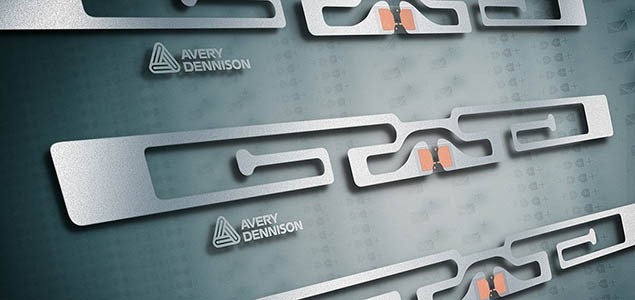Radio frequency identification (RFID) technology is increasingly being used to track goods throughout complex global supply chains. Avery Dennison RBIS has become a major provider of the technology, particularly for applications within the apparel industry.

Radio frequency identification (RFID) technology, which dates back to World War II radar systems, is increasingly being used to track goods throughout complex global supply chains. Avery Dennison RBIS, a $1.6 billion division of Avery Dennison, has become a major provider of the technology, particularly for applications within the apparel industry: For more than a decade, Avery Dennison RFID has worked with leading global retailers and brands, including Decathlon, Macy’s and Marks & Spencer, to improve inventory speed, accuracy and visibility from manufacturing source to shopper. In the past few years, the company has formed strategic partnerships aimed at using RFID to create an ‘Internet of Clothing,’ increasing the sustainability and traceability of apparel manufacturing.
Recently, the label giant has also been exploring the technology’s potential to address a monumental issue affecting a host of industries across multiple sectors: food waste.
We caught up with Francisco Melo, Avery Dennison’s vice president and general manager of Global RFID, to learn more about the potential applications and benefits of this versatile technology.
